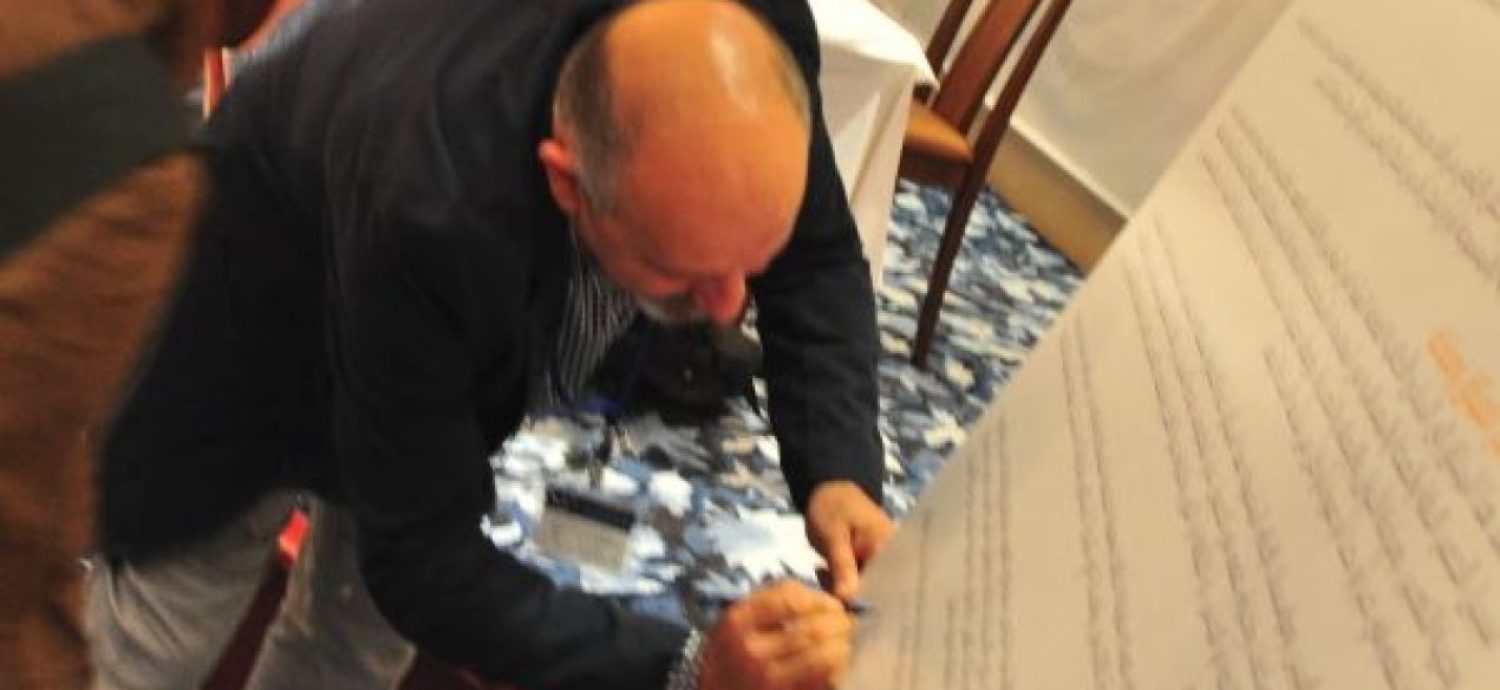Between three official newspapers and some seasonal magazines issued by public organizations of the party that leads the state and the society, two generations of Syrians lived away from freedom of media and media work. Any activity outside of the mentioned line was considered as an outlaw action whose perpetrator would be held responsible for “weakening the nation’s morale.”
After the eruption of the Syrian revolution, which was stamped in the first few months with the values of freedom and dignity, many Syrians called upon establishing new media outlets and practicing media work freely away from censorship. Many newspapers and magazines were thus issued, many websites were started and later on radios and TV stations were started. The new Syrian media activity paid the attention of many. Those who were following the developments of the Syrian affairs became split between those who saw that emerging activity as excessive and uncontrolled (fearing it would lead to negative effects on media work in the future) and those who saw it as a healthy situation. The second group argued that after long years of the rule of the sole party and the dominance of the same color media in society, it’s normal that new media outlets come to life in an uncontrolled way and try to say something.
The long years of oppression and confiscating freedoms would by no means give way to new and mature Syrian media organizations. New experiences aren’t born completely successful, while they ripen through diligence and practice. Thus, starting from this reality a group of Syrian media organizations felt the need to draft serious principles that organize media work. They held round-table meetings in order to discuss the release of an ethical charter for Syrian media workers to be as an ethical and professional reference that helps organize their work, lays out rules for media work and guarantees Syrian media outlets freedom of work, freedom of publishing and freedom of expression, while at the same time helps these outlets keep professional and ethical discourse.
For a full year, attendees met in eight roundtables, discussed and studied similar experiences of peoples and states. They referred to experts in drafting media charters for assistance, thought of every letter and every word and edited and changed in a way that suits their reality. They wanted it to be as a Syria product, woven by Syrian hands, seeking to be an inclusive charter that organizes their work on the way of their dream of a Syrian media that would be a partner in building new Syria.


